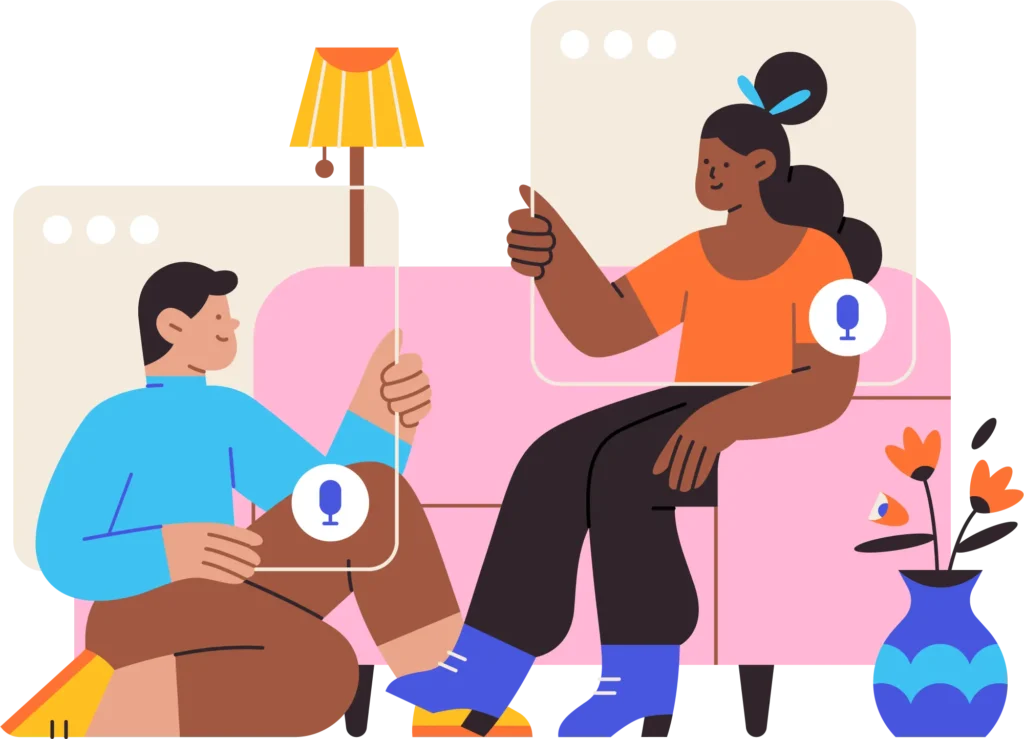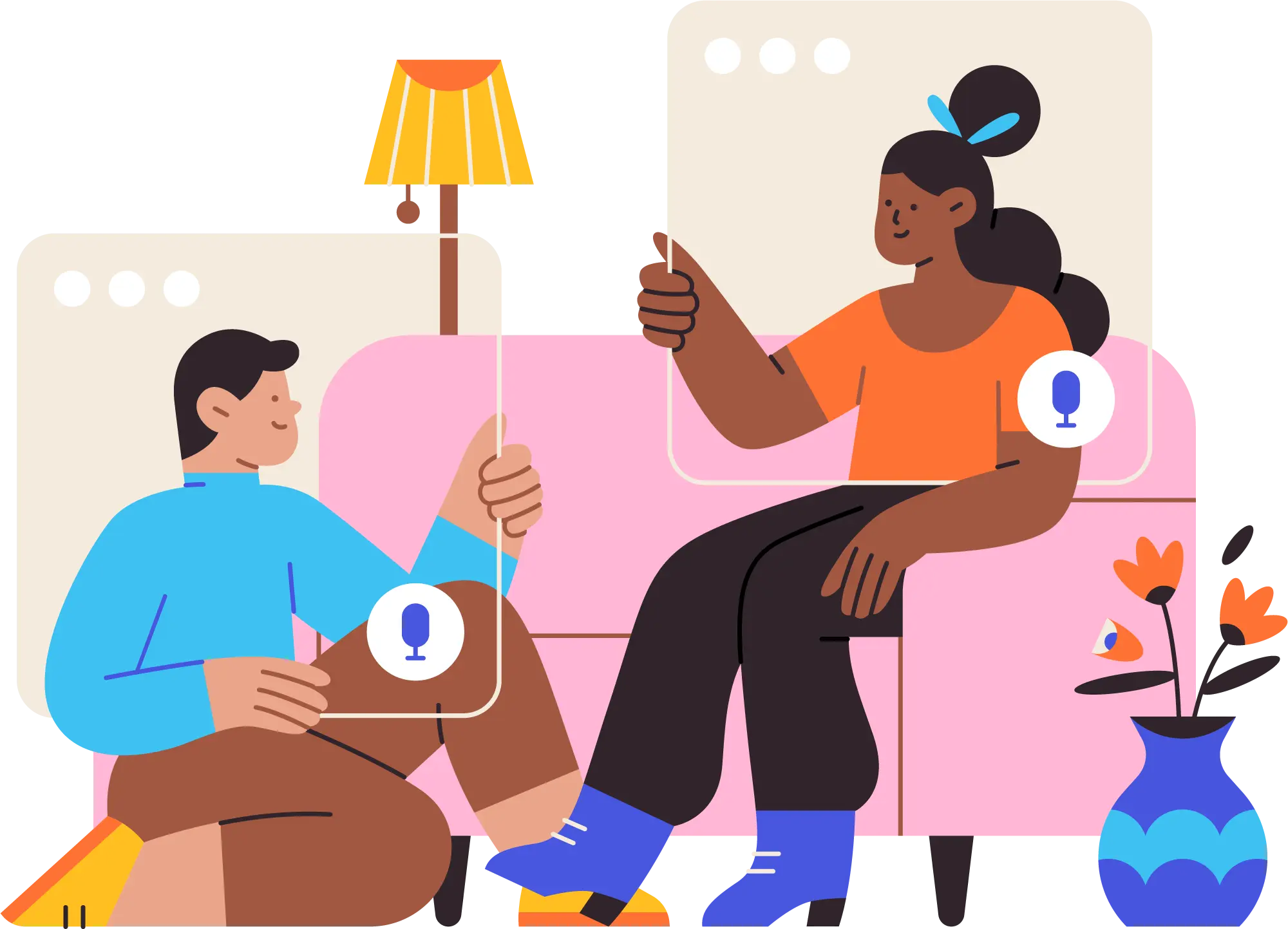Navigating university life can be both exciting and challenging. As students transition into higher education, they often encounter stressors related to academics, social life, and personal growth. University counseling services play a vital role in helping students manage these pressures and maintain their mental health and well-being.
This guide explores the importance of university counseling services, what they offer, how to access them, and how they can support students through various challenges.

What Are University Counseling Services?
University counseling services are specialized, on-campus centers that provide psychological and emotional support to students. These services are typically staffed by licensed professionals such as counselors, psychologists, and social workers. They offer a confidential space where students can discuss personal issues, seek advice, and receive therapeutic interventions.
The aim is to help students overcome obstacles, enhance their mental health, and succeed both academically and personally.
Why Are University Counseling Services Important?
University students face a range of academic, social, and emotional challenges. Here’s why counseling services are essential:
1. Mental Health Support
Many students experience anxiety, depression, and stress during their time at university. Counseling services provide a safe and supportive environment to address these mental health issues, offering coping strategies and professional guidance.
2. Academic Success
Mental well-being is closely tied to academic performance. When students struggle with emotional or psychological issues, it can negatively impact their ability to focus on studies. Counseling services can help students manage stress, enhance time management skills, and improve overall academic outcomes.
3. Personal Growth
Counseling is not just about addressing mental health issues. It can also help students develop self-awareness, improve communication skills, and build confidence. This personal development is crucial for success in all aspects of life, including future careers.
4. Crisis Intervention
For students facing emergencies or traumatic events, university counseling services offer immediate assistance. This support can range from emergency counseling sessions to referrals for more intensive long-term care.
5. Stress Management
Juggling academic responsibilities, part-time jobs, and social commitments can lead to overwhelming stress. Counseling services provide tools to manage stress effectively, helping students maintain a healthy balance between their academic and personal lives.
Types of Services Offered by University Counseling Centers
1. Individual Counseling
One-on-one sessions with a counselor allow students to discuss personal concerns in a confidential setting. These sessions are tailored to the individual’s specific needs, whether they are related to academic stress, relationship issues, or mental health.
2. Group Therapy
Group counseling brings together students facing similar challenges, providing a space for shared experiences, peer support, and professional facilitation. Common topics in group therapy include managing anxiety, dealing with grief, and improving social skills.
3. Workshops and Skill-Building Seminars
Many counseling centers offer workshops on topics such as mindfulness, time management, and exam stress relief. These seminars are designed to equip students with practical skills that improve both academic and personal well-being.
4. Crisis Counseling
When students experience an immediate crisis, such as a personal tragedy or mental health emergency, counseling centers offer crisis intervention services. This can include short-term counseling or referrals to off-campus mental health services if needed.
5. Academic Counseling
Some counseling centers provide support related to academic concerns, such as study strategies, dealing with procrastination, and test anxiety. Counselors can help students identify study methods that suit their learning styles and manage academic pressures effectively.
6. Career Counseling
In addition to mental health services, many universities offer career counseling to help students explore potential career paths, prepare resumes, and practice interview skills. Career counseling often includes discussions on aligning personal strengths and values with academic and career goals.
7. Online and Telehealth Counseling
With the rise of digital platforms, many universities now offer telehealth services, allowing students to access mental health support remotely. These services include virtual one-on-one counseling, workshops, and webinars.
How to Access University Counseling Services
Accessing university counseling services is usually simple and straightforward. Here’s how to get started:
1. Making an Appointment
Most university counseling centers allow students to schedule appointments online, by phone, or in person. Some centers also offer walk-in hours or same-day appointments for urgent needs.
2. Confidentiality
Counseling services are confidential, meaning that anything discussed during sessions remains private unless the student gives consent for information to be shared. Exceptions are made only in situations involving risk to the student or others.
3. Cost
University counseling services are generally free for students, though some specialized services (such as psychological testing) may come with a nominal fee. This makes mental health care accessible to all students, regardless of financial status.
Common Misconceptions About University Counseling Services
1. Counseling Is Only for Mental Illness
Many students believe that counseling is only for those with severe mental health conditions. However, counseling can benefit anyone facing stress, relationship issues, or academic challenges. Seeking help early can prevent problems from escalating.
2. Asking for Help Is a Sign of Weakness
Some students fear that reaching out to a counselor shows weakness. On the contrary, seeking help demonstrates strength and a proactive approach to personal well-being. Everyone experiences challenges, and counseling provides the support needed to overcome them.
3. Counseling Takes Too Much Time
While some students worry that attending counseling sessions will take up too much time, many universities offer flexible scheduling. Sessions can be arranged to fit into a student’s busy academic schedule.
Maximizing the Benefits of Counseling Services
1. Be Open and Honest
For counseling to be effective, it’s important to be transparent about your concerns. The more information you share with your counselor, the better they can help you.
2. Set Goals
Before each session, think about what you hope to achieve. Whether it’s managing stress, improving communication skills, or dealing with specific academic challenges, having clear goals helps make the sessions more productive.
3. Attend Regularly
Counseling is most effective when attended consistently. Regular sessions allow students to track progress and develop healthy coping mechanisms over time.
4. Follow Through with Recommendations
Counselors may suggest techniques, exercises, or strategies to use between sessions. Following through with these recommendations can significantly improve your mental health and overall experience at university.
Conclusion
University counseling services are essential resources for students seeking support during their academic journey. Whether you’re dealing with personal issues, academic stress, or mental health challenges, these services provide the tools and guidance needed to succeed both academically and emotionally.
By taking advantage of the resources available, students can improve their mental health, enhance academic performance, and enjoy a more balanced and fulfilling university experience. Remember, reaching out for help is a sign of strength and a step toward overall well-being.
